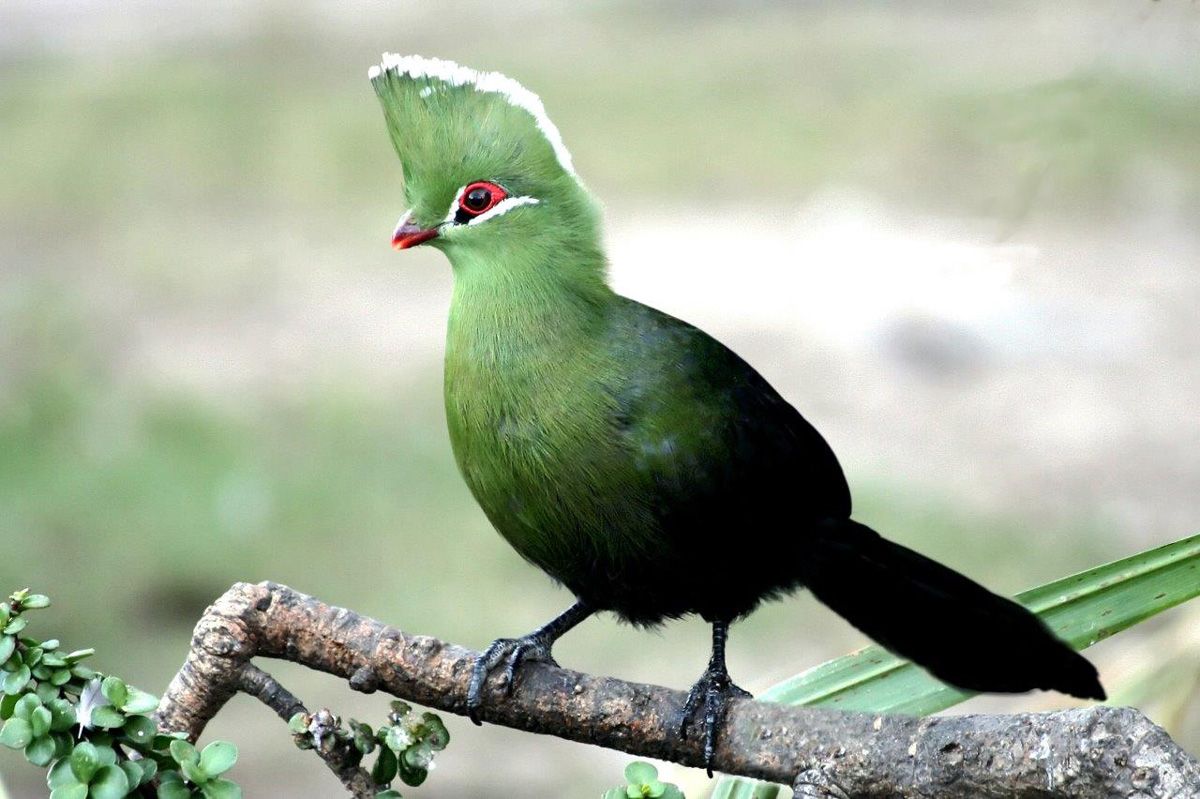In the Eastern Cape, South Africa, land desertification is caused by the increasing pressure of livestock on grazing land. Today, the depletion of vegetation cover and the degradation of the land of local farmers and surrounding reserves are causing many adverse environmental effects, such as the depletion of water resources, biodiversity erosion and soil erosion. In this context, Reforest'Action is partnering with C4 EcoSolutions and AfriCarbon, two South African companies, to restore these ecosystems by planting 500,000 trees of a local species essential to the ecological functioning of the region.
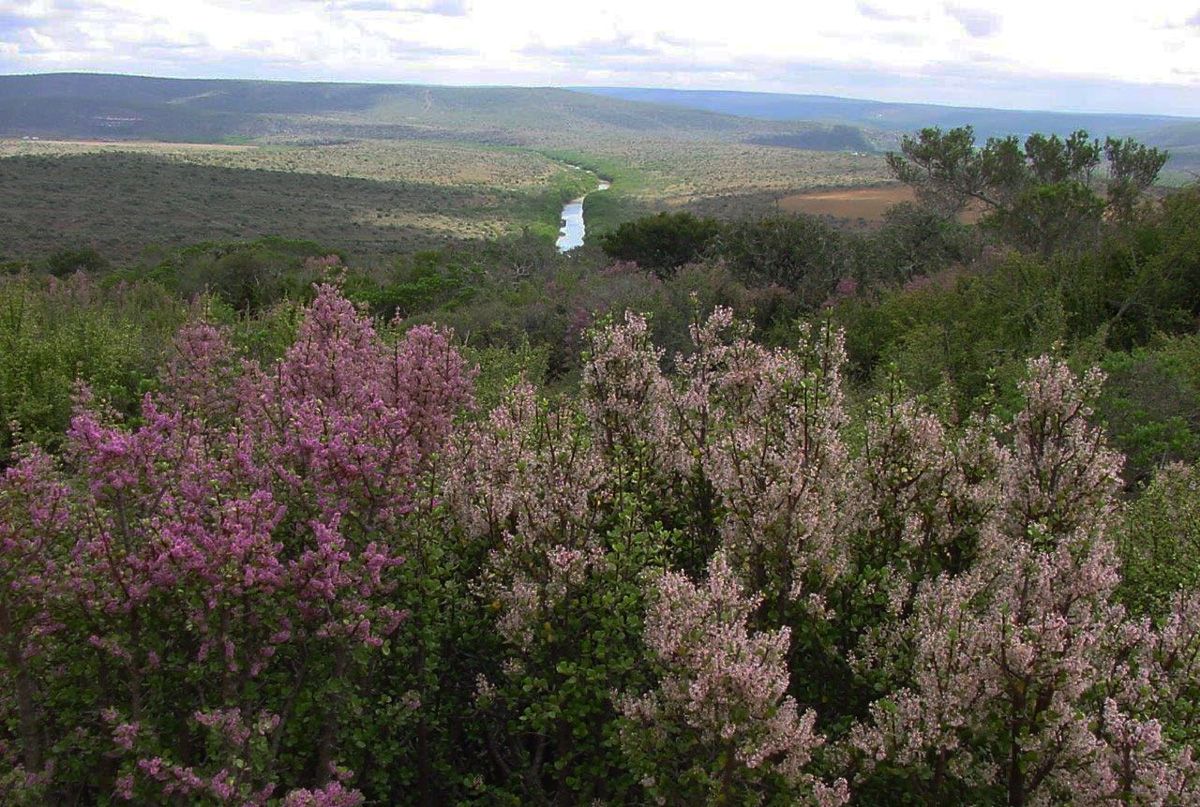
A keystone species for restoring severely degraded ecosystems
Funded by Reforest'Action since 2021 and conducted in the field by two South African companies, the reforestation project aims to restore areas formerly used by local farmers as pastures for their goat herds. Now devoid of vegetation and severely degraded, they have been attached to the Kuzuko and Koedoeskloof protected reserves. The objective is to repopulate these areas with Portulacaria afra, a tree species known as Spekboom and essential to the ecological functioning of the ecosystem.
As a keystone species, the disappearance of the Spekboom in these areas has led to the erosion of a whole range of plant and animal species that depend directly or indirectly on it for their development. Just like the architectural piece, this tree species carries a whole ecosystem which is in danger of collapsing if it is permanently removed. In the project area, the depletion of the Spekboom is leading to the desertification of the land, the drying up of water resources and the erosion of the biodiversity of the flora and fauna. It is therefore essential to replant this species to obtain the return of biodiversity, the improvement of rainwater infiltration and the restoration of arable land.
And this bet is bearing fruit: within the 200 hectares of the Kuzuko reserve already reforested by C4 EcoSolutions and AfriCarbon between 2010 and 2015, populations of elephants, black rhinoceros, zebras and Cape buffaloes have been observed again after many years of disappearance. A unique and rare biodiversity whose return to the plots financed by Reforest'Action is also hoped for within a few months.
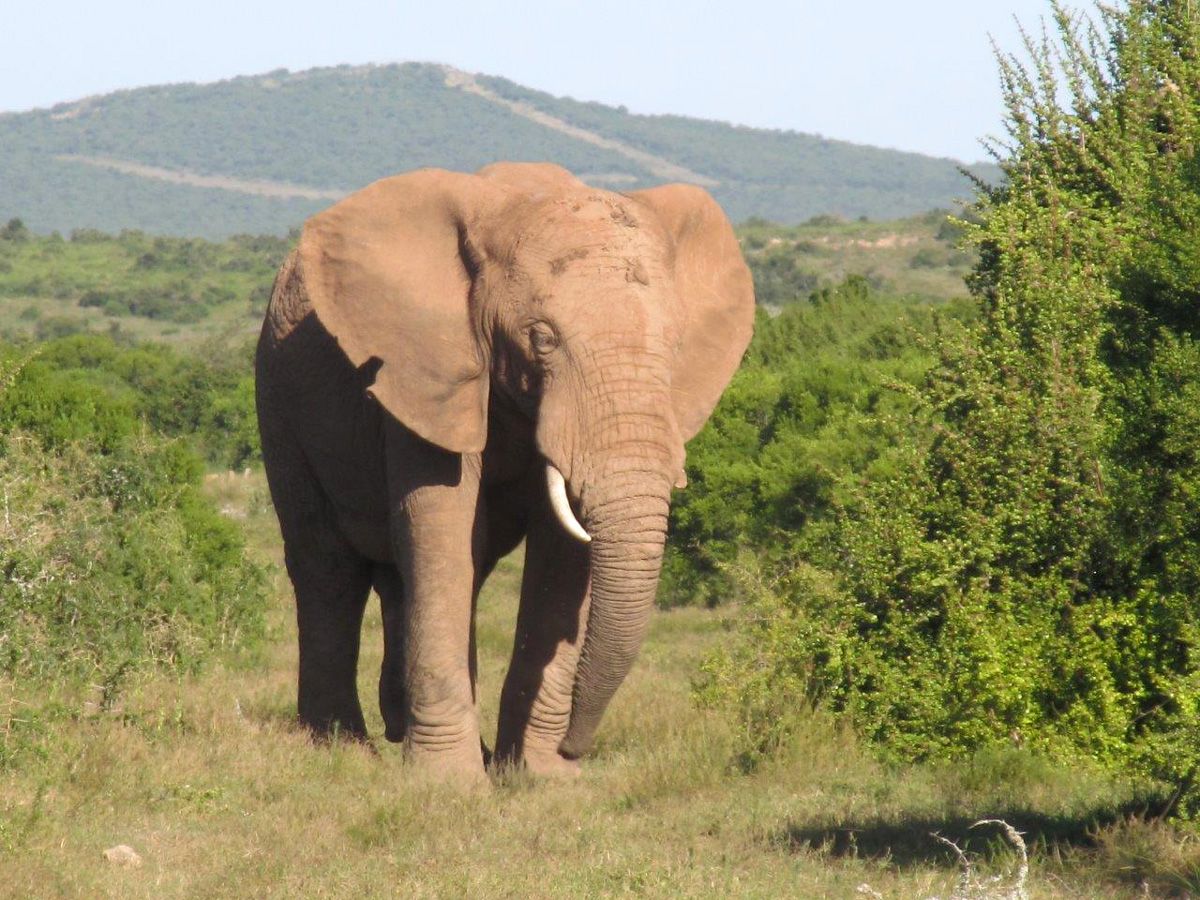
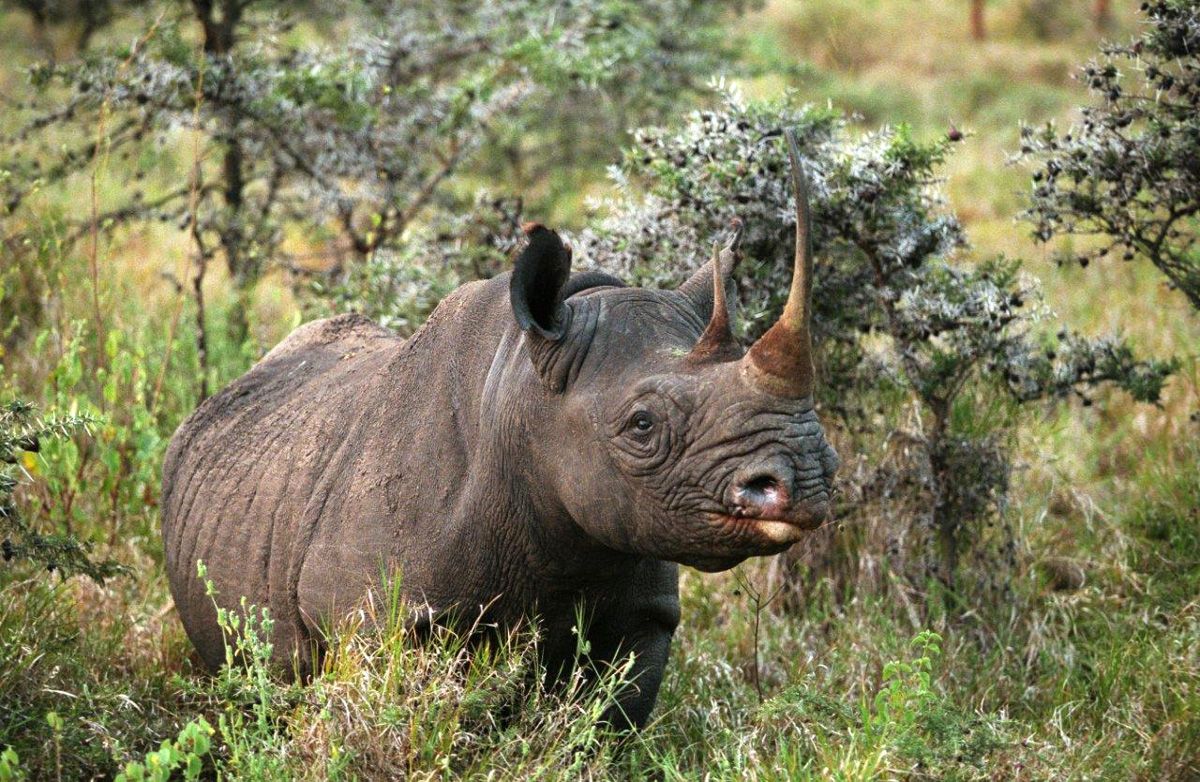
A large-scale project: 500,000 trees planted in the first year
In this first planting season funded by Reforest'Action, the project planted 500,000 Spekboom plants on a total area of 200 hectares on three farms (Koedoes Poort, Rudman and Steenbokvlakte) in the Sunday's River Valley region, in the immediate vicinity of the Kuzuko and Koedoeskloof protected reserves.
In the field, cuttings are planted approximately 2 meters apart and in a random arrangement. The proximity of protected areas facilitates the movement of various plant species and their natural regeneration within the planting areas, where they find the right conditions to grow in addition to the Spekboom. Because of the extent of ecosystem degradation, the greatest challenge for our local partner is to find intact remnants of Spekboom thickets with plants robust enough to provide cuttings large enough for replanting.
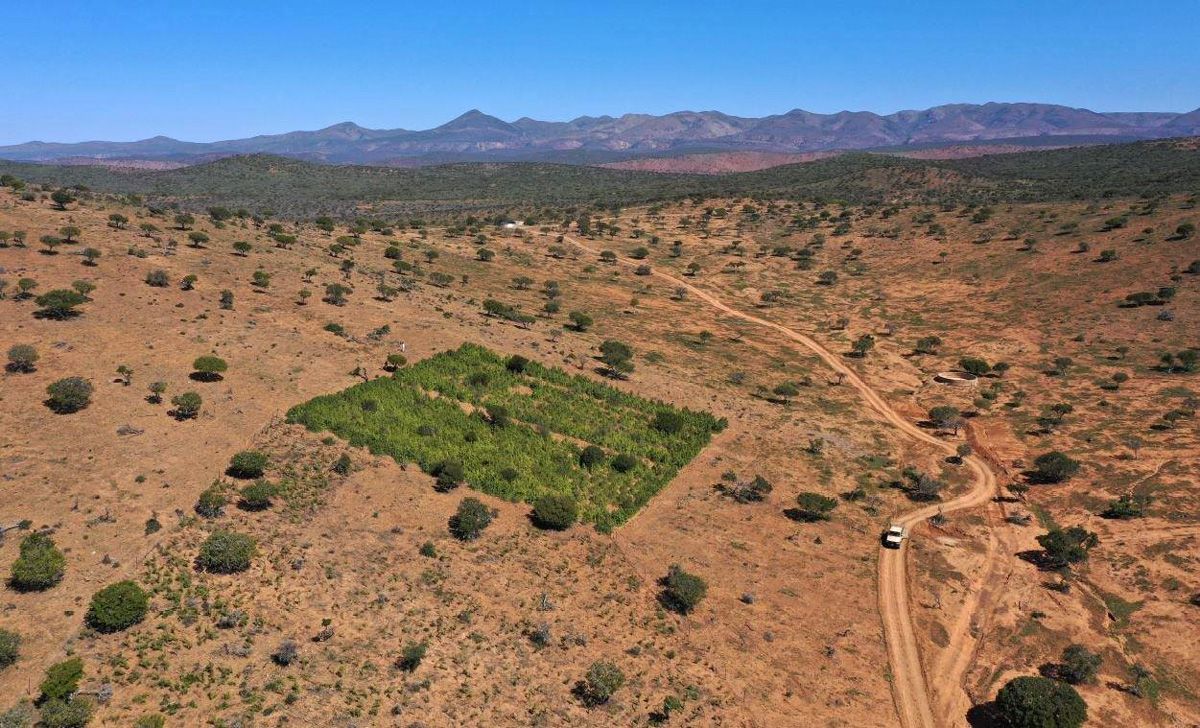
A solid scientific management of the project for the monitoring of the planted trees
Led scientifically by C4 EcoSolutions and AfriCarbon founder Anthony Mills, a geochemist and expert in environmental development projects, the project is also collecting scientific data and testing new methods and approaches to reforestation. The use of a drone by the field teams makes it possible to build orthomosaics used to precisely count the number of cuttings planted, their density and the area of each reforested site. A protocol to control the good development of the roots of the planted trees is also carried out on the basis of a representative sampling receiving a rooting score on a qualitative scale of 1 to 10, in order to evaluate the rate of recovery and to organize the maintenance work.
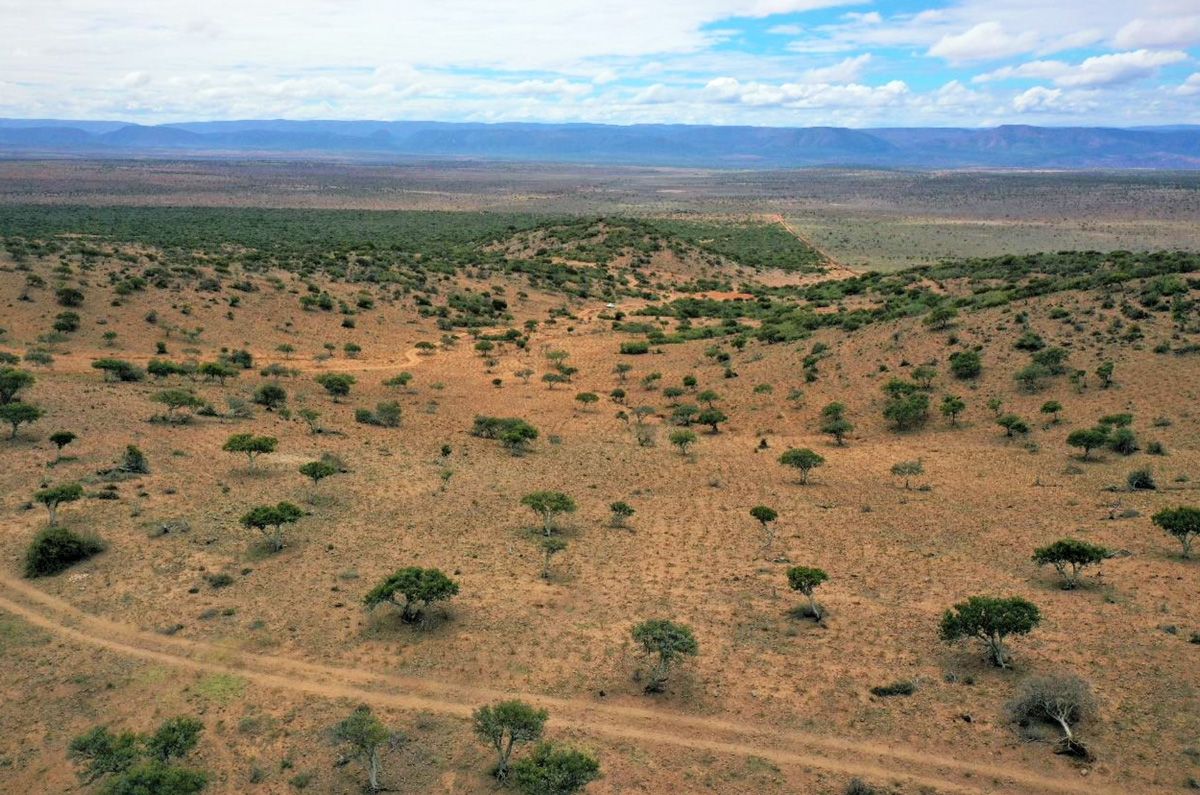
Integration and training of local communities
In parallel to this multiple and ambitious work, our technical partner offers training to local farmers in order to enable them to develop livestock that respects the environment and the restored ecosystems. The project also creates many jobs in the communities of the region, affected by an unemployment rate of 40%.
